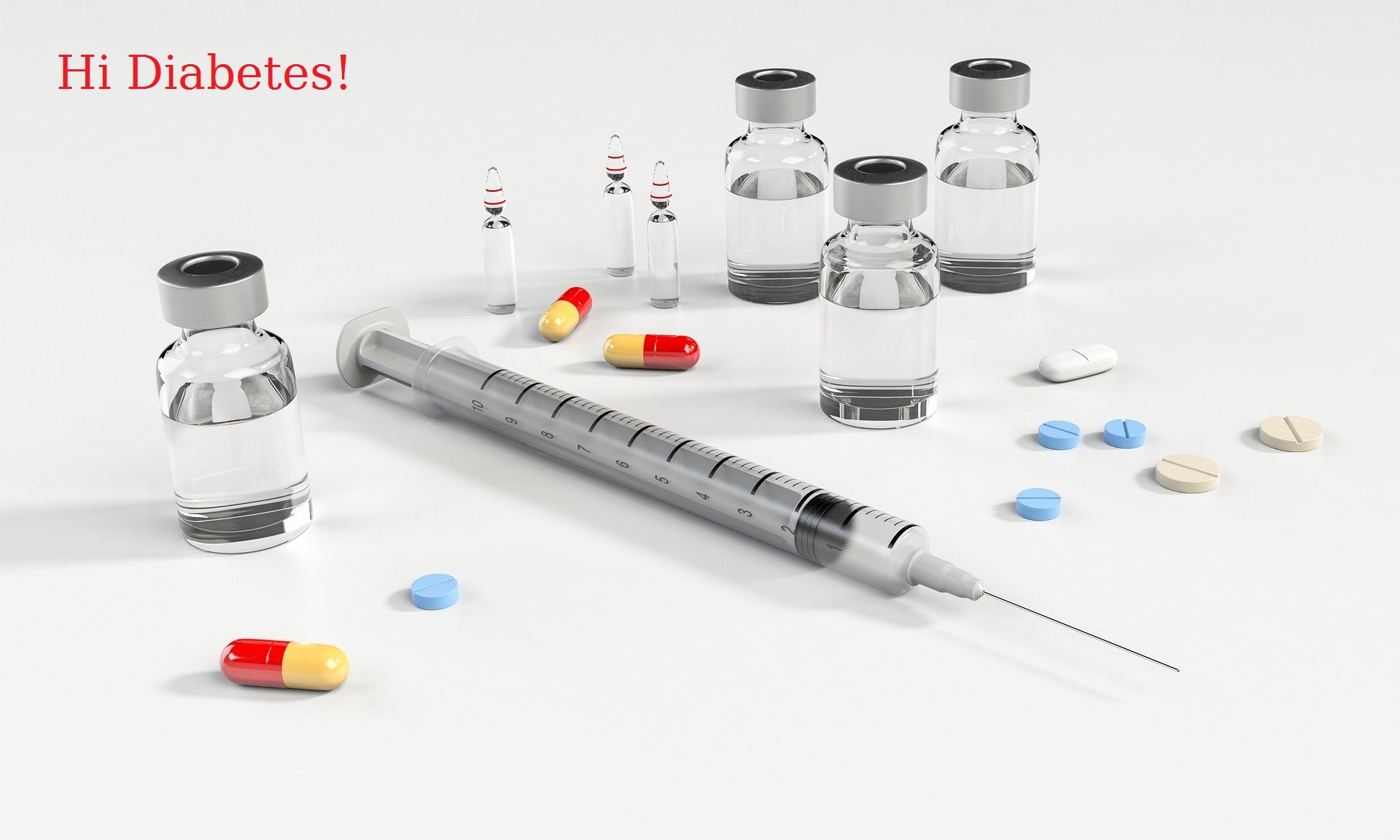If you check your blood sugar more than once a day, you’ve probably noticed that it … Is it normal for blood sugar to change a lot during the day?Read more
Diabetes
What is diabetes? Why does it happen? What are the main types? This section serves as a diabetes encyclopedia and starting point.
Diabetes is defined by impaired insulin production or reduced sensitivity of the body’s cells to insulin. Insulin is a hormone produced by the beta cells of the pancreas and plays a key role in regulating blood sugar levels by allowing glucose to enter cells for energy or storage in the liver and muscles. When this process is disrupted, blood glucose levels rise and can affect multiple systems in the body.
Persistently elevated blood glucose levels, combined with autoimmune mechanisms, can lead to damage affecting nerves, eyes, kidneys, and the cardiovascular system.
Diabetes can occur at any age, and its prevalence continues to rise worldwide. Currently, hundreds of millions of people are living with diabetes globally.
Last updated: January 2026
Delicious & safe dessert recipes for gestational diabetes
Being diagnosed with gestational diabetes can feel overwhelming, especially when it comes to food choices. If … Delicious & safe dessert recipes for gestational diabetesRead more
Just diagnosed with diabetes
When you’re just diagnosed with diabetes it can be overwhelming. It’s natural to feel a mix … Just diagnosed with diabetesRead more
Can diabetes kill you?
Let’s find out if diabetes can diabetes kill you. A question that is on the lips … Can diabetes kill you?Read more
Diabetic shock
When the blood sugar levels are too low, a condition called diabetic shock occurs. Although in … Diabetic shockRead more
How long does sugar stay in your system
The short answer is not very long. However, how long does sugar stay in your system … How long does sugar stay in your systemRead more
Diabetes is most accurately defined as
Across all studies, diabetes is most accurately defined as a complex disorder that focuses on the … Diabetes is most accurately defined asRead more






